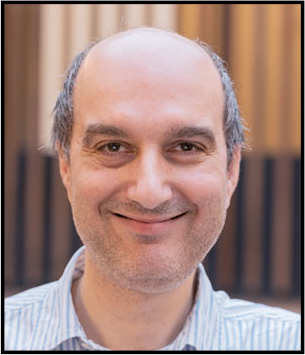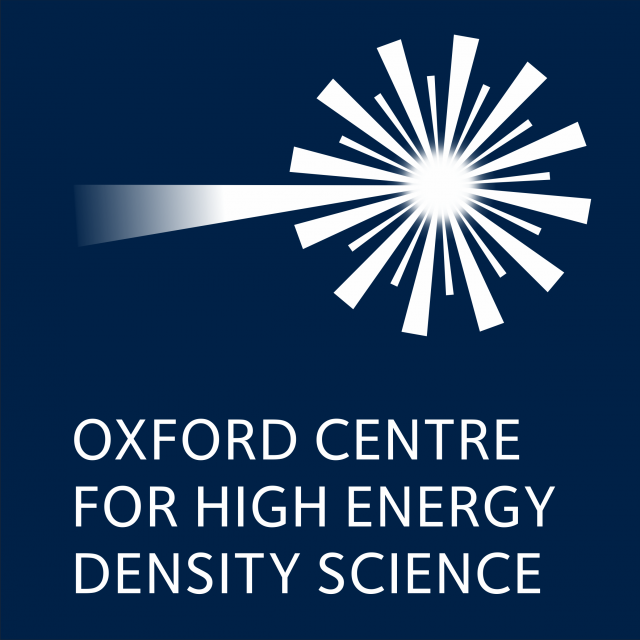 Professor Gianluca Gregori has been awarded the Institute of Physics' 2022 Cecilia Payne-Gaposchkin medal and prize.
Professor Gianluca Gregori has been awarded the Institute of Physics' 2022 Cecilia Payne-Gaposchkin medal and prize.
The award recognises Professor Gregori's pioneering experiments that have firmly established laboratory astrophysics as a tool to study the phenomena at play in turbulent magnetised plasmas, including dynamic amplification, particle acceleration, and heat conduction.
His citation from the IOP reads:
"Professor Gianluca Gregori was able to produce a large-scale turbulent plasma and fully characterise the plasma properties and the magnetic fields. He was able to demonstrate the amplification of seed magnetic fields by the turbulent dynamo - a long-sought goal of experimental plasma physics, as well as the evolution of the field beyond the initial nonlinear growth. Later, an analogue of the diffusion of the ultra-high energy cosmic rays interacting with the magnetic field of the Galaxy was studied by firing charged particles (protons) through the magnetised turbulent plasma produced by the turbulent dynamo and measuring its effect on their trajectories."
"In more recent experiments, Gregori's team investigated the suppression of classical heat transport in such turbulent and magnetised plasmas: again, a process that is believed to play an important role in hot and diffuse gas that fills clusters of galaxies (and more generally in high-beta plasmas) where it regulates the overall energy balance."
'I am very grateful to the IOP for this award,' says Professor Gregori. 'It goes without saying that all of this was made possible by the help of many collaborators in the UK and overseas as well as the hard work of our bright students and postdocs to whom I am in debt.'
'It is wonderful to see another Oxford physicist join the list of Payne-Gaposchkin laureates!' comments Professor Ian Shipsey, Head of the Department of Physics. 'Our work in this field is world-leading and Gianluca's advances are exemplary'.
Gianluca's full citation by the IOP can be read here.

